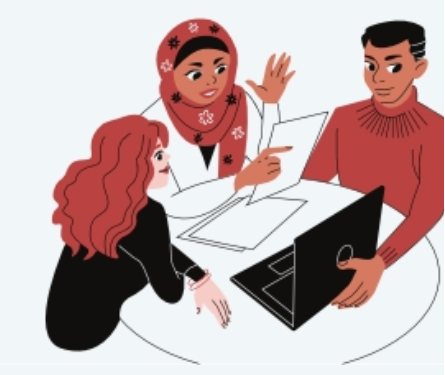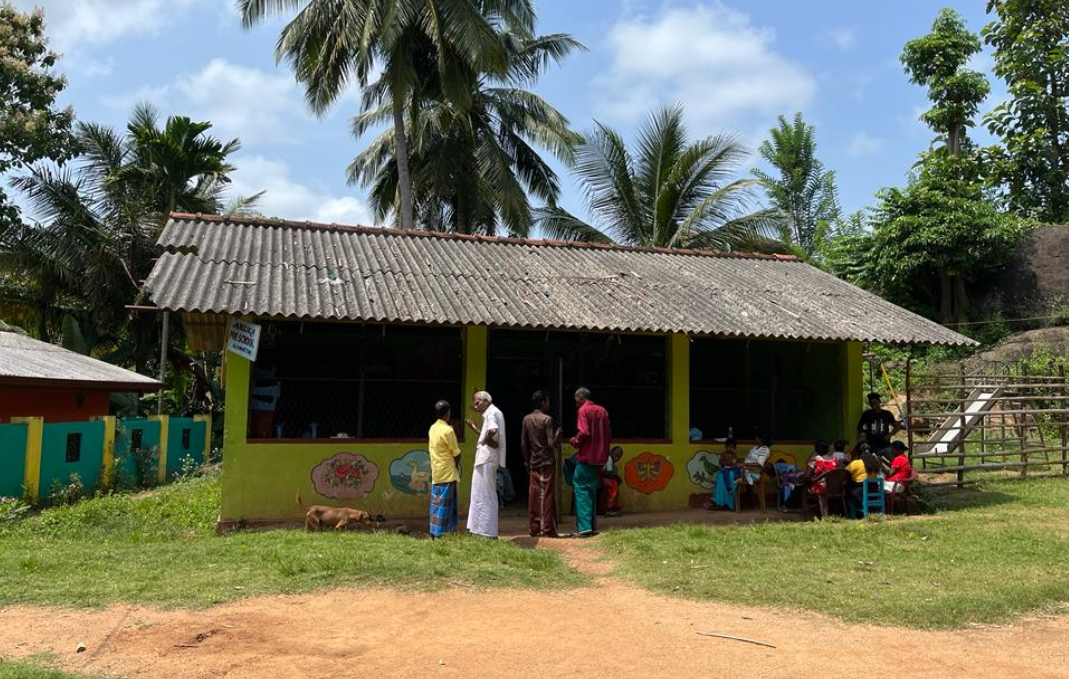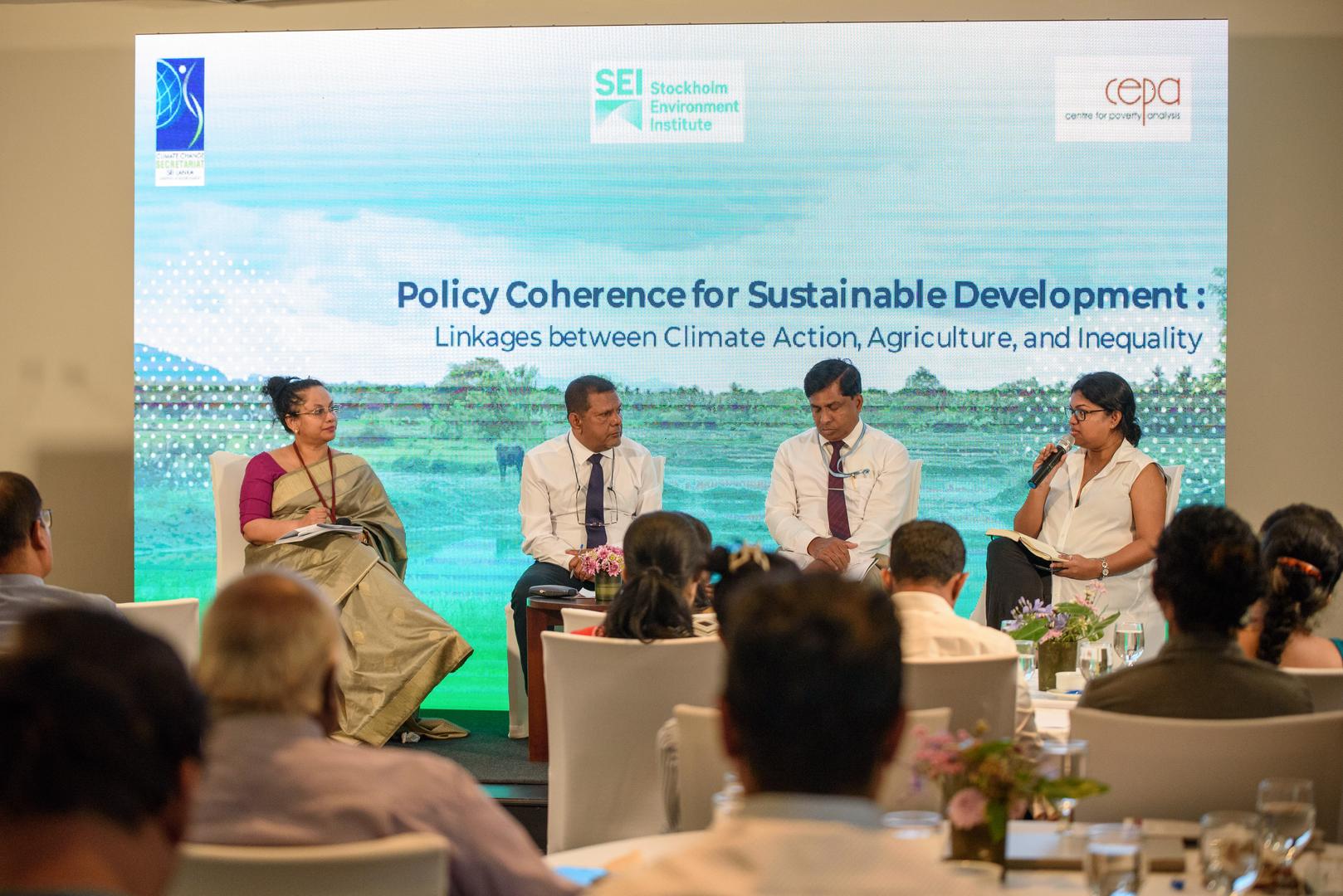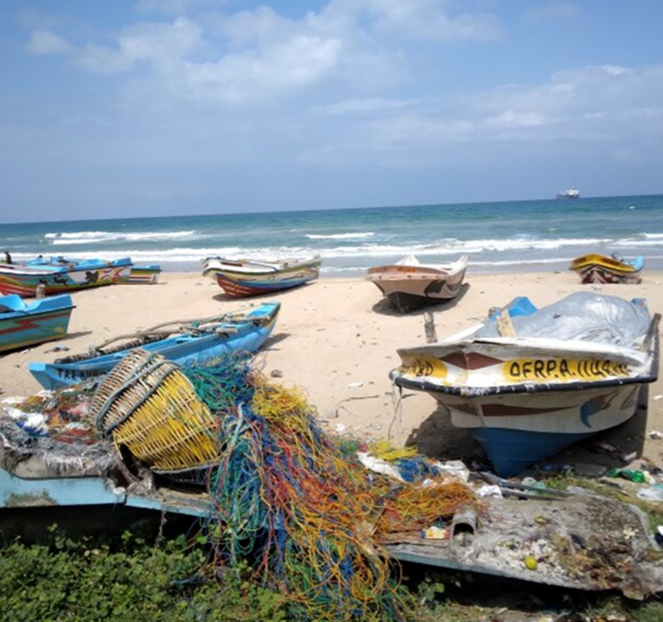CEPA in sight – Vol 15
October 2023 | Vol. 15
CEPA in Sight
Vantage Point
A Newsletter by The Centre for Poverty Analysis

Hello! This volume of CEPA’s newsletter focuses on our work related to climate change, conflict and sustainability.
Connect with us at insight@cepa.lk with your thoughts, suggestions, and ideas for collaboration.
Image Credits Nazly Ahmed
From Conflict and Poverty to Cooperation and Prosperity:
Technical and Governance Innovations for Transforming Natural Resource Conflict into Peace and Prosperity in Rural Sri Lanka
This project studied the policies and inclusion gaps in relation to the health and transport sectors and assessed them on how beneficial they are to underrepresented/marginalised groups with a specific focus on the Upcountry Tamil community and the LGBTQIA+ community in Sri Lanka.
CEPA was commissioned by the Westminster Federation for Democracy (WFD) to look at policy design and gaps in policy implementation to support parliamentary oversight, accountability, and inclusion practices in areas relevant to the prevailing political and economic crisis in Sri Lanka, through evidence-based research.
The findings presentation was attended by several key policymakers as well at the British High Commissioner Mr. Andrew Patrick.
This ongoing study delves into documenting the intricate dynamics of climate change-induced conflict in four Divisional Secretariat (DS) Divisions spanning the Kilinochchi and Puttalam Districts in Sri Lanka. The baseline study developed as part of the study will serve as a foundational resource for understanding the complex interplay between climate change, resource scarcity, and conflict in these regions, paving the way for innovative solutions and governance strategies to promote peace and prosperity.
This assignment is undertaken together with the International Water Management Institute (IWMI) Sri Lanka and Chrysalis.
Coherent policies are an important precursor to SGD progress. Policies should be designed in consultation with technical experts and communities, and implemented in line with principles underpinning sustainable development. Where policies are designed in silos, with minimal coordination between multiple implementing agencies, they are likely to fall short of achieving their intended purposes. CEPA's recent work on ‘Policy Coherence for Sustainable Development: Linkages between Climate Action, Agriculture, and Inequality' sheds light on the importance of mutually reinforcing policies for achieving SDGs.


Policy Research and Budgetary Analysis of the Health and
Transport Sectors of Sri Lanka
Karin Fernando and Thilini de Alwis have contributed to upcoming World Public Sector Report which examines the role that national institutional and governance innovations and changes that emerged during the COVID-19 pandemic can play in advancing progress towards the 2030 Agenda for Sustainable Development.

World Public Sector Report 2023: Transforming institutions to achieve the Sustainable Development Goals after the pandemic.
Education inequality in Sri Lanka
Income and Wealth Inequality in Sri Lanka
Does Policy Coherence Matter?
How Micro, Small and Medium Enterprises in Sri Lanka Upgraded their Services during COVID-19
Elder Care in Sri Lanka: Are we Prepared for the Future?
නව “අස්වැසුම” – දුගී සුරක්ෂිතතා වැඩසටහන පිළිබඳ විවරණයක් සහ විවේචනයක්
Paradox of Persistence of Poverty in Paddy Farming Whilst Achieving National Self-sufficiency
Provincial Inequalities in Income and its Distribution in Sri Lanka
Social Security in Sri Lanka
by Vengadeshravan Sarma
by Heli De Alwis and Gayathri Lokuge
by Ravindra Deyshappriya
by Pamodi Hewawaravita and Karin Fernando
by Thahira Cader
by Hemasiri Kotagama
by Hemasiri Kotagama, Heli De Alwis and Dilshani Ranawaka
by Hemasiri Kotagama
by Janaka Fernando


CEPAs Mohammed Munas, Gayathri Lokuge and Nadiya Azmy presented the findings on two studies conducted on behalf of The Asia Foundation on land and financial disputes to the Mediation Boards Commission on the 18th of October 2023. The purpose of the studies was to understand the nature and types of small-scale land and financial disputes, identify parties to the disputes and the mechanisms used by the parties to settle such disputes. The study also generated recommendations to introduce mediation to resolve small-scale disputes.
CEPA presents findings of land and financial dispute studies
CEPA WRITES

What are your future plans as a researcher?
Research Reflections and Guest Lectures
31
11th May
What are your main areas of interests?
I am interested in conducting research in the fields of agriculture, environment, natural resources, fisheries, and other livelihood-related areas. I am particularly enthusiastic about conducting mixed-method research, which incorporates both quantitative and qualitative aspects. While my educational background primarily focuses on quantitative research, my time at CEPA has provided me with valuable opportunities to learn and practice qualitative research techniques, which I have found equally interesting.
Among the various projects I have been involved in, one that stands out as particularly interesting is our research on Abandoned, Lost, and Discarded Fishing Gears (ALDFG). This project has a primary focus on studying the marine plastic accumulation resulting from ALDFG. It has afforded me the opportunity to interact with fishermen from all across the country, to collect data, and delve into their perspectives on this pressing issue.
I am a research professional at CEPA, attached to the livelihood and employment thematic. I joined CEPA about one and a half years ago as a Junior Researcher. My educational background includes a BSc in Agriculture from Rajarata University, and I am currently pursuing a Master's in Agricultural Economics at the University of Peradeniya. I am currently engaged in two interesting research projects related to fisheries.
MEET A
CEPA
RESEARCHER
Who is Heli de Alwis?
What do you think of Sri Lanka’s trajectory in achieving sustainability targets amidst the ongoing economic crisis?
What is the most memorable project you have undertaken at CEPA?
Sri Lanka is currently facing a challenging journey towards achieving its sustainability targets, compounded by the ongoing economic crisis. The consequences of this crisis have redirected the country's attention and resources away from environmental and social sustainability objectives as it prioritizes addressing immediate economic challenges. Being able to strike a balance between short-term recovery efforts and long-term sustainability goals is of paramount importance. However, this challenging period also presents an opportunity for Sri Lanka to reevaluate its economic and development strategies, placing sustainability at the forefront. International support and effective policy measures will play pivotal roles in shaping Sri Lanka's trajectory in this complex endeavour.
What are your future plans as a researcher?
My goal is to successfully complete my Master's degree and further enhance my quantitative research skills to contribute to more insightful research.
17th May
Dr. Derek Heady, Senior Research Fellow, Development Strategies and Governance Division, International Food Policy Research Institute on Nutrition as a basic need: A new method for utility-consistent and nutritionally adequate food poverty lines.
Dr. Benjamin Schwab, Associate Professor of Agricultural Economics, Kansas State University. Fulbright Scholar, University of Peradeniya on An Overview of Causal Inference Methods and a Discussion of Implications for Policy Research and Program Evaluation in Sri Lanka.
July
Dr. Herath Gunathilake, Executive Director, CEPA on Public Policy: The Division of Labor Between the Market and the Government.
Dr. Nadeera Rajapakse, Assistant Professor, History of Economic Thought Research Department, University Paris 1, Patheon- Sorbonne on Bringing Culture into Development.
June
Prof. Hemasiri Kottegama, Team Lead Basic Services, CEPA on the Overview of Asswasuma Poverty Alleviation Scheme.
SPECIAL
NEWS
After a long hiatus, CEPA will be hosting a poverty symposium on Poverty Alleviation in an Era of Economic Crisis on the 29th and 30th of November 2023. Follow us on our social media accounts to be informed of updates regarding the event and how to participate.
August
Nulakshi Dissanayake & Prof. Hemasiri Kottegama, Basic Services Team, CEPA on A Preliminary Empirical Assessment on Alternative Proxies for Poverty Measurement.
Linda Ehrichs, Head of Cooperation, High Commission of Canada to Sri Lanka on Researching the ethics of identity use in political mobilization.
September
July

CEPA is part of a research consortium with the Stockholm Environment Institute (SEI) to carry out a study that explores the causes of policy incoherence and its consequences for achievement of global climate and development goals and its impact on inequality.
The project aims to shed light on how different national characteristics influence coherence, and to make policy-oriented recommendations on novel and coherent policy packages, as well as process design that enables cross- country policy learning to avoid exacerbating inequality as an outcome of incoherence.
CEPA conducted a workshop together with the Climate Change Secretariat of Sri Lanka and SEI - Stockholm Environment Institute to understand policy coherence in sustainable agriculture policies in Sri Lanka. This was based on a research initiated to examine the causes and consequences of policy incoherence at global, regional, national, and sub regional levels.
Poverty Coherence for Sustainable Development
CEPA will host a national workshop on the 23rd of November to disseminate and validate the findings from a recently concluded study looking at the marine plastic pollution (MPP) and Abandoned, Lost or otherwise Discarded Fishing Gear (ALDFG). The workshop will bring together multiple stakeholders to identify the next steps in ALDFG management including, inter-agency collaboration and sharing of knowledge, practice and data.
The study is funded as part of the Ocean Country Partnership Programme (OCPP) by Centre for Environment, Fisheries and Aquaculture Science (Cefas), while the data collection is being conducted by CEPA on behalf of Evolved Research and Consulting Ltd (ERC).
Announcements

